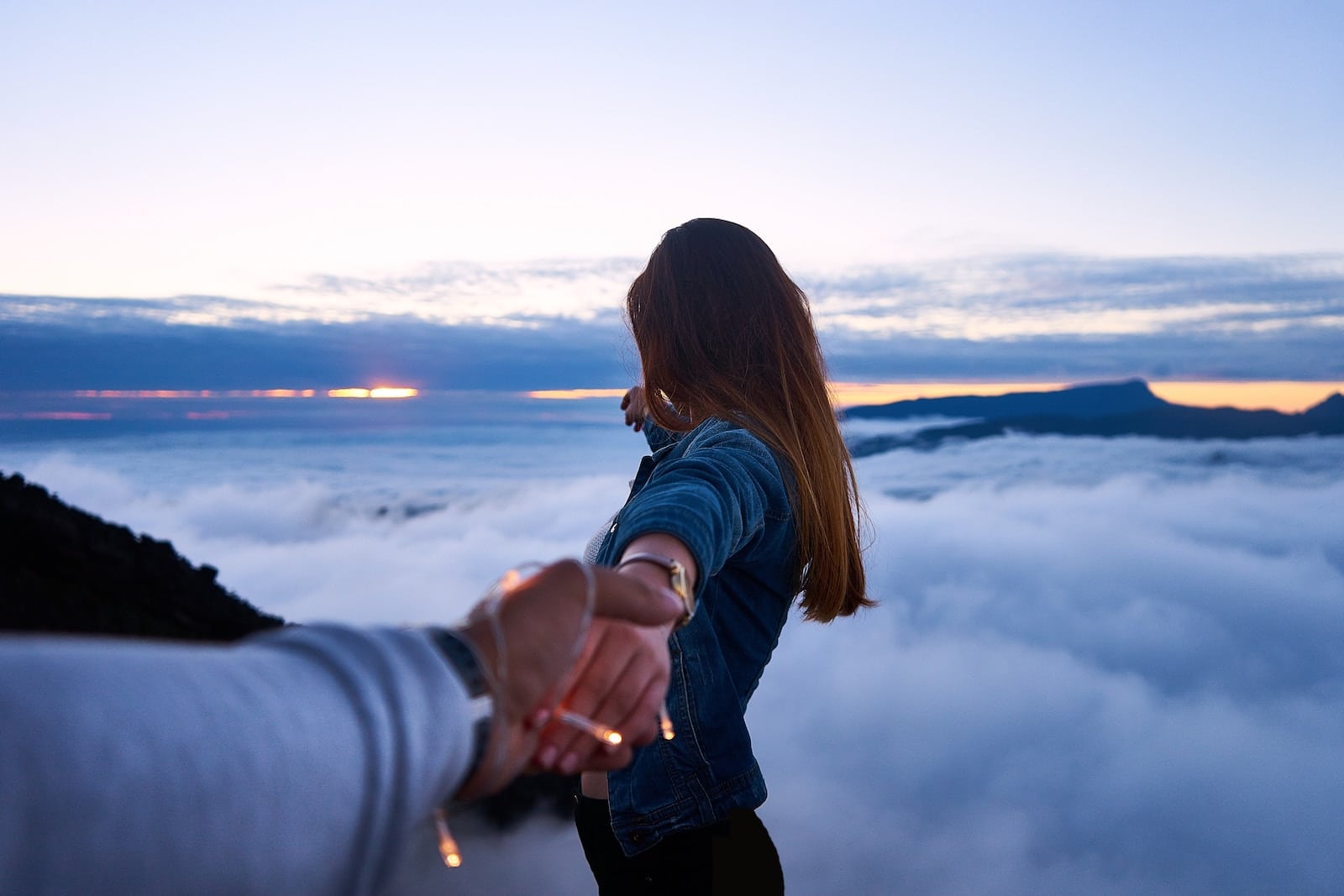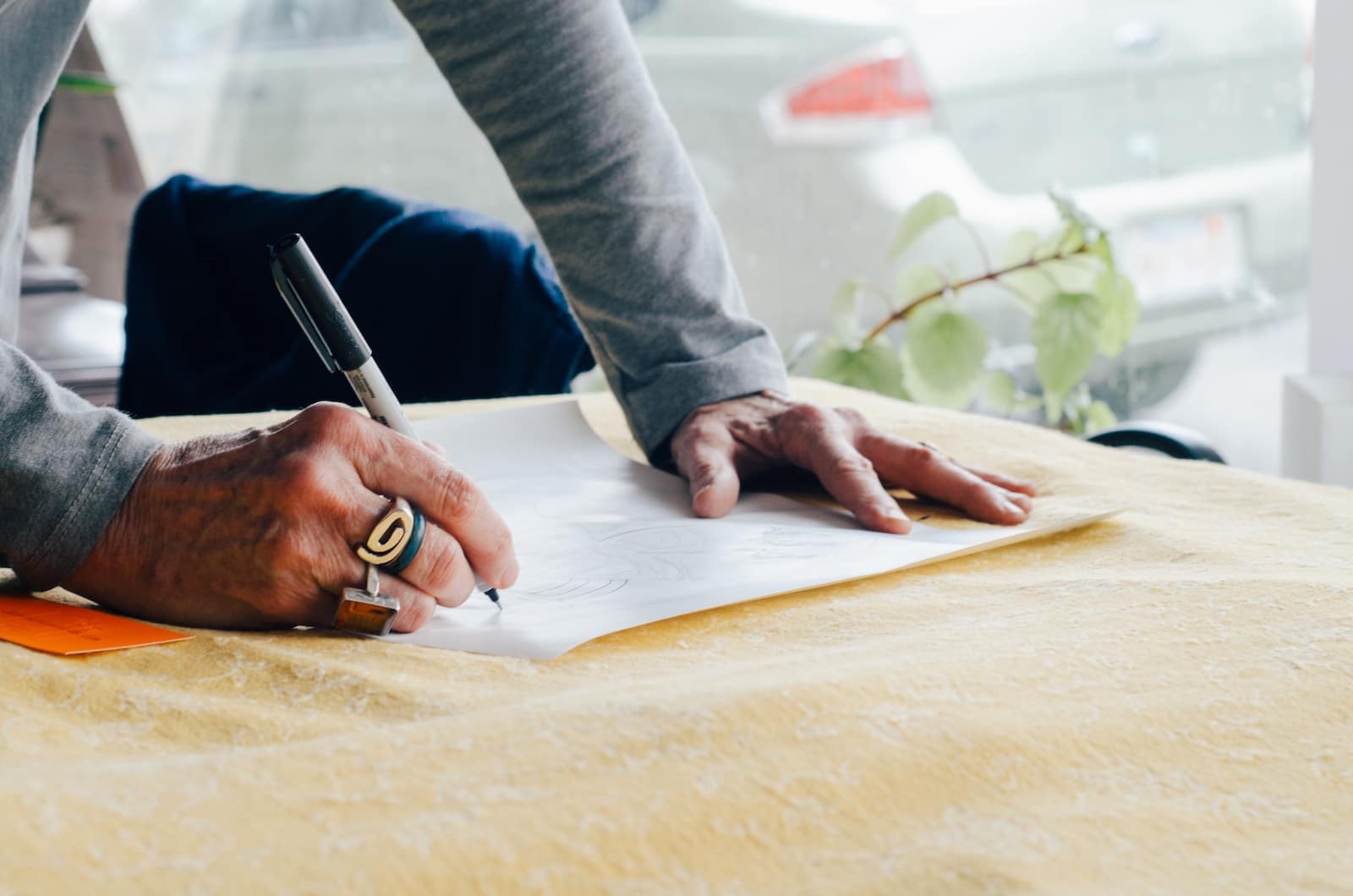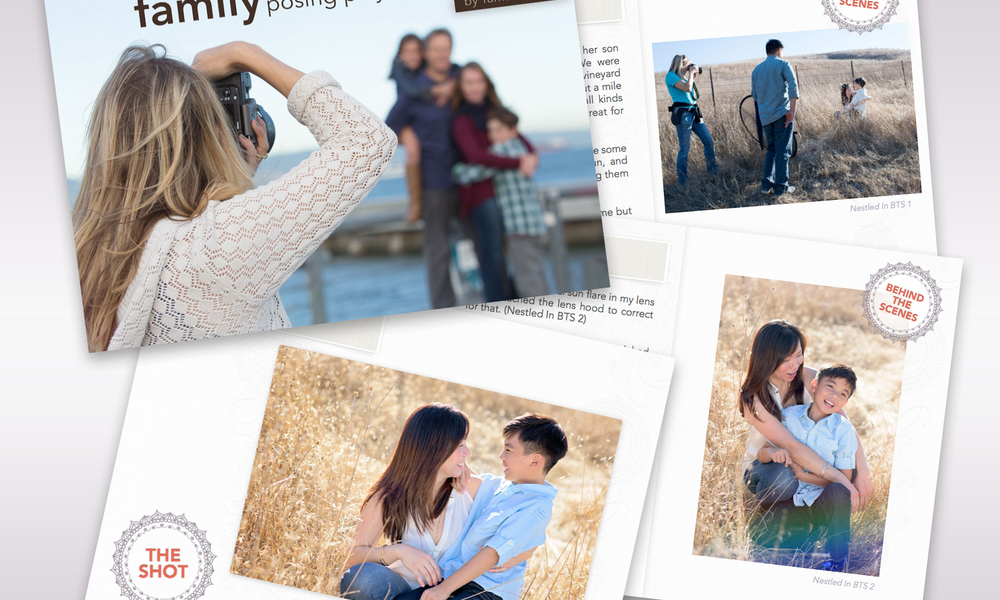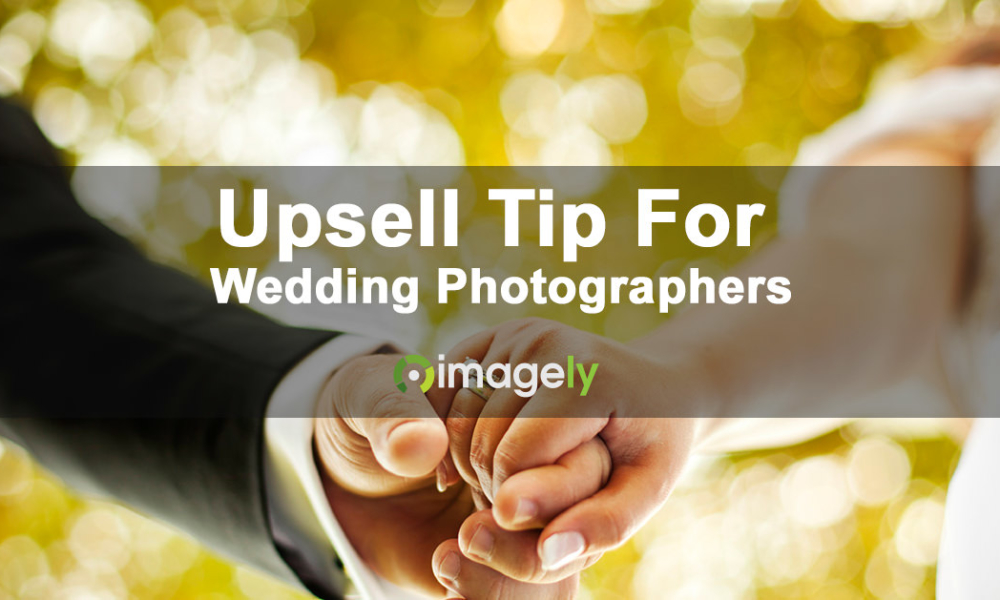If you work as a photographer, you probably already know something about the issue of consent. But while the basic premise is easy enough to understand, in reality, it can become a lot more complex.
Here’s a guide to everything you need to know about consent to avoid problems when taking photos of other people.
A Brief Overview of Consent
Consent, in the general sense, comes down to the issue of making your own decisions about your body. Where we are forced to do things against our will, this goes against our consent.
Consent in photography is slightly different. People are not forced to do anything against their will. Instead, the focus is on the person’s right to privacy and how much control they have over how their image is represented.
For example, people who are photographed in an unattractive pose might be open to public ridicule. As you can imagine, they may not be happy about this. But there are all sorts of reasons people might not want their images to be used.
Consent is usually concerned with the way in which the photo will be used. That’s why, when taking personal photos for your album, you do not have to ask everyone in the shot for their consent. But if you plan to exhibit your photos or sell them, consent becomes a very important issue.
Common Situations You May Encounter
There are various situations in which you will encounter the issue of consent as a photographer. Let’s look at one of the most common: photographing a wedding.
At a wedding, there is an implied consent that you can take photos of people. Most guests understand that the photos are for the couple getting married, and most people will be absolutely fine with this.
This applies to other private events as well, such as business events and awards ceremonies. There is often implied consent on the part of the attendees.
However, the bigger issue comes with the publication of the photos. If someone is photographed at an event, will they also be happy to have their photo displayed on your website? In a brochure? On a billboard? This is where permission is usually required.
To avoid problems, you might put up a sign at the venue explaining that anyone who does not want to be photographed can simply make this clear to you.
Know the Laws of the Land
You should also be familiar with the laws where you are taking photographs because laws differ from country to country. Sometimes even taking photos can get you in trouble. If you are a travel photographer or simply taking photos at an event overseas, you will need to know what type of consent is required.
It is usually legal to take photos of people in public places without consent. But again, it can depend on how you plan to use the photo.

Get into the Habit of Asking
Wherever you go, people will frequently be unhappy if you take photos of them without asking first, whether that’s in the park or on the beach. If you see a person who catches your eye, it’s best to ask before photographing them.
There may be events people are attending where they want to stay anonymous, or people might simply like not having their photos taken.
People have different attitudes. Don’t assume that they are okay with you taking their photo, even if it seems perfectly reasonable to you. Here you can read what some photographers have to say about asking for permission.
Getting Written Permission
If you know that you need to get someone’s consent to use their photo (perhaps by publishing it on your website), you will need to ask for it. To do this, you will usually need written permission. This is the best option legally, and it provides more protection than relying on someone giving you oral permission.
Consent forms (or release forms) are the best option. These make it very clear that consent is being given, and you should keep hold of the form to ensure you are protected if the person changes their mind.
There is no specific form you can use, and you could simply make your own. The basic information to include is the person’s name, what they consent to, where they consent to the photograph being used, and the date.
Keep it simple and make sure it is easy to understand, or this could lead to future problems where they claim they did not understand what they were consenting to.
However, it is usually best to get one legally approved by a lawyer with an understanding of the issue.
Protecting Your Own Images
As an aside, it isn’t only the consent of your subjects that you need to be concerned about as a professional photographer. A big problem in the online world is that content is readily shared, and it is assumed that anyone who has allowed their work to be viewed online must be willing for it to be used in other ways.
This obviously isn’t the case, and it’s important for the value of your brand that you protect your work from unauthorized use. Something to be noted for any situations in which you seek crossover projects with brands is that taking a photo for a particular contest or challenge doesn’t cede your rights to it unless you give explicit permission.
If you’re trying to promote your work, you can’t really stop people from getting hold of your photos without permission — but you can contact them, ask them to stop (or pay/credit you), and threaten legal action if they refuse. If you don’t protect your work, no one will.
Be Careful with Consent
This guide presents a general overview of consent. However, as you can see, it is often a tricky issue for photographers. If you are unsure whether you have consent to use someone’s image, the safe card to play is to get legal advice from to find out exactly what you need to know about consent in specific countries and in specific situations.
Consent is at once a simple and complex issue. If you are unsure about whether you have a person’s consent, it’s better to make sure you do rather than risk it.

Kayleigh Alexandra is a part-time writer at WriterZone and content writer for Micro Startups — a site dedicated to spreading the word about startups and small businesses of all shapes and sizes. Visit the blog for the latest marketing insights from top experts and inspiring entrepreneurial stories. Follow us on Twitter @getmicrostarted.




Ken Bardonner
10 Nov 2018Public figures and celebrities are generally assumed to have less expectation of privacy when in public than the rest of us.
Children are a special case, and there need to be protections for them, and special consideration for them and their families.
People with their tongues hanging out obviously don’t care what anyone thinks.
Ken Bardonner
10 Nov 2018It is my understanding that you don’t need consent from persons who have died. Nor from people in public places as stated in this article. What about on a nude beach?